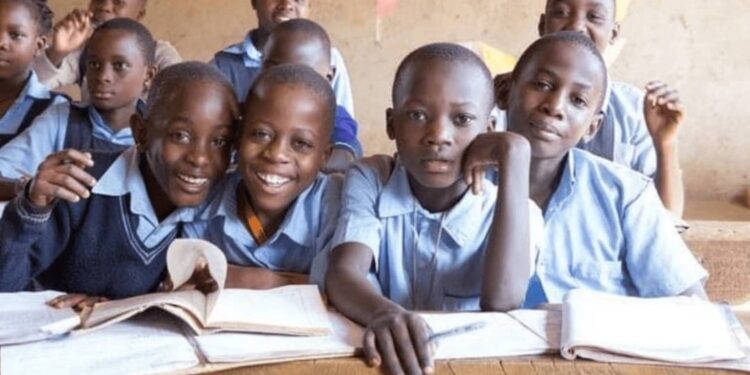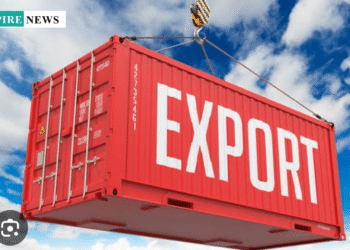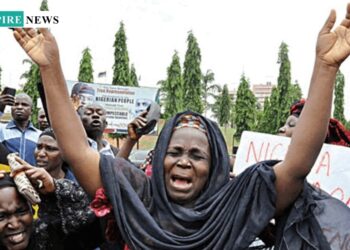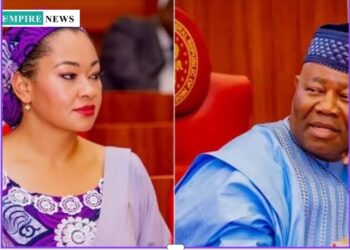Nigeria, Africa’s most populous country, is facing a crisis in its education system that threatens its future growth and development. Despite being one of the largest economies on the continent, Nigeria continues to struggle with providing quality education at the primary and secondary school levels. The nation’s education system has been plagued by poor infrastructure, inadequate teaching materials, lack of qualified teachers, and insufficient funding. As Nigeria prepares for the 2025 fiscal year, there is an urgent need for state governors to prioritize primary and secondary education in their state budgets, ensuring that the future generation is equipped with the tools they need to succeed in an increasingly competitive world.
The Current State of Primary and Secondary Education in Nigeria
The statistics surrounding education in Nigeria are grim. According to the United Nations Educational, Scientific and Cultural Organization (UNESCO), Nigeria has one of the highest numbers of out-of-school children in the world, with an estimated 20 million children not attending school. These children are often found in rural areas, where there is a dearth of educational facilities and teachers. Even for those who do attend school, the quality of education leaves much to be desired.
At the primary and secondary levels, many schools lack basic amenities like desks, chairs, and electricity. In some cases, students are taught under trees, while in others, classrooms are overcrowded, with over 100 students sharing one teacher. The lack of functional laboratories and libraries further hinders the development of critical thinking and practical skills among students. This has been particularly evident in rural and underserved urban areas where the gap between the rich and the poor in terms of educational access is ever-widening.
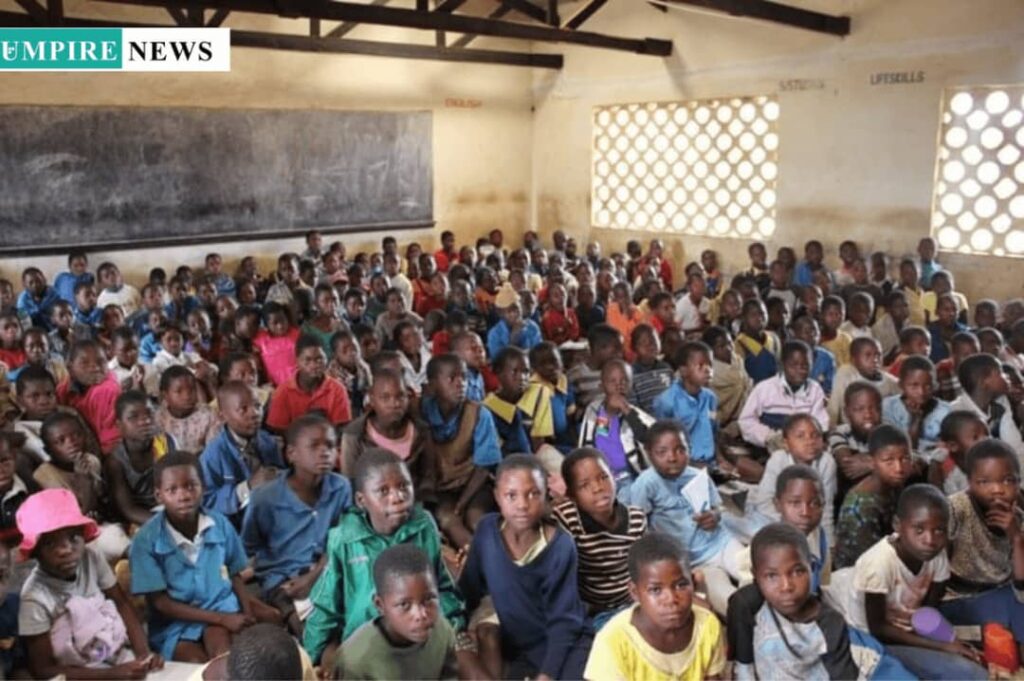
The Deterioration of Public Schools: Causes and Consequences
Several factors have contributed to the deterioration of public education in Nigeria. First, is inadequate funding. Education in Nigeria has consistently received a smaller share of the national budget compared to other sectors like defense and infrastructure. On average, education funding in Nigeria hovers around 6-8% of the national budget, far below the 15% recommended by the United Nations Educational, Scientific and Cultural Organization (UNESCO) for countries to ensure a robust education system. The allocation to the education sector in many state budgets is often insufficient, leaving state governments with little to invest in the physical infrastructure, staffing, or training required to improve schools.
The underfunding of schools has had a direct impact on teacher quality and availability. Many public school teachers in Nigeria are poorly paid, inadequately trained, and overstretched due to the high teacher-to-student ratio. This has led to a crisis of quality education, where teachers struggle to maintain discipline in classrooms or provide personalized attention to students, especially in overcrowded classrooms. The lack of professional development opportunities and poor working conditions have led to teacher dissatisfaction, which in turn leads to high turnover rates and absenteeism, further exacerbating the challenges faced by students.
Another pressing issue is the neglect of school infrastructure. Across the country, primary and secondary schools suffer from dilapidated buildings, broken furniture, leaking roofs, and lack of access to clean water and sanitation facilities. The absence of basic educational resources like books, science kits, and computers limits the ability of students to learn effectively. In urban areas, some private schools with better facilities are flourishing, further entrenching inequality and leaving public school students at a severe disadvantage.
Moreover, the widespread insecurity in many parts of the country has also contributed to a decline in education. In conflict-affected regions, such as the northeast, Boko Haram insurgency has resulted in the closure of many schools, forcing students to drop out or face the trauma of living in conflict zones. The recent rise in banditry in states like Zamfara and Kaduna has also displaced students, with many schools forced to shut down, leaving the education of thousands in jeopardy.
The Economic and Social Impact of Poor Education
The impact of poor primary and secondary education extends far beyond the classroom. Education is a key driver of economic growth, poverty reduction, and social mobility. When children are deprived of a quality education, it limits their ability to contribute meaningfully to the economy. This, in turn, affects the nation’s productivity and development. A poorly educated workforce struggles to meet the demands of a rapidly changing global economy, hindering the country’s competitiveness on the international stage.
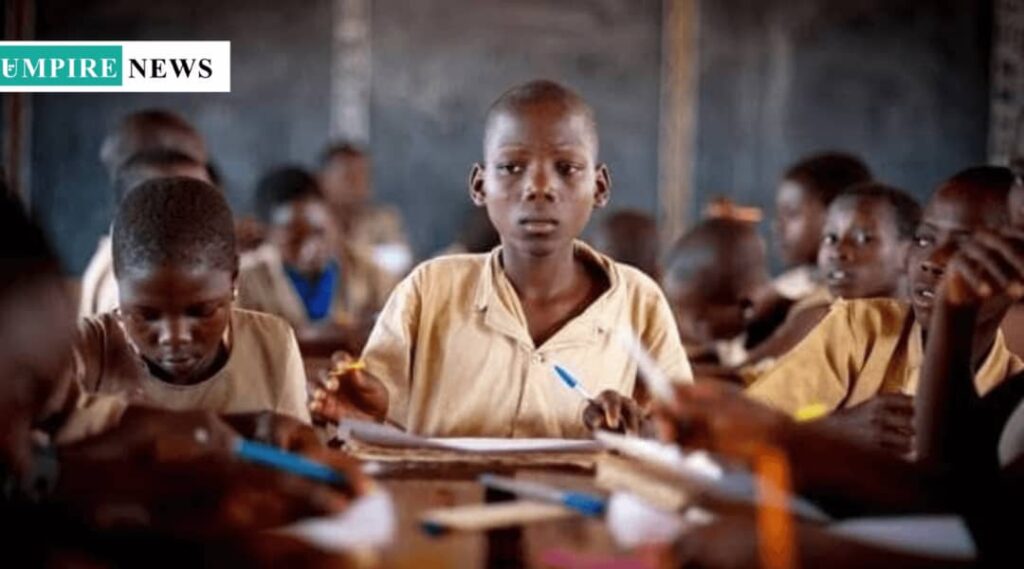
The lack of quality education also worsen Nigeria’s high unemployment rate. Many young people, particularly those who have dropped out of school, face difficulty in finding gainful employment. With limited skills and qualifications, they are often forced to work in the informal sector or remain unemployed. The absence of a strong education system has also contributed to the rising tide of social unrest and insecurity, as young people who are unable to find jobs become susceptible to criminal activity or radicalization.
On a personal level, the lack of education limits individuals’ life opportunities, perpetuating the cycle of poverty. In Nigeria, the most vulnerable groups—children in rural areas, girls, and children with disabilities—are disproportionately affected by the education crisis. Girls, for instance, face additional challenges due to cultural norms and practices that prioritize their role at home over schooling. The gender disparity in education further compounds the broader societal inequities, reducing the chances of women achieving economic independence and social empowerment.
The Need for Prioritization in 2025 Budgets
As Nigeria moves toward the 2025 fiscal year, state governors must prioritize education, especially at the primary and secondary levels, in their budgets. While the federal government has a role to play, much of the responsibility for primary and secondary education falls to state governments, which control the funding and administration of schools at these levels.
One key area for improvement is increased funding. State governors must ensure that education receives a more substantial allocation in their 2025 budgets, with a particular focus on infrastructure, teacher training, and provision of learning materials. Investments in these areas are essential for creating an environment where children can thrive academically.
Furthermore, state governments should work closely with local communities and non-governmental organizations to create partnerships that can help improve school infrastructure and teaching standards. Public-private partnerships could be leveraged to fund the construction of new classrooms, purchase textbooks, and provide teachers with the professional development they need to succeed. With Nigeria’s growing population, it is imperative that states begin to plan long-term for the expansion of educational facilities to meet the demands of future generations.
State governments must also address the issue of teacher welfare. Teachers are the backbone of the education system, and if they are poorly paid, overworked, or demoralized, the quality of education will continue to suffer. In the 2025 budgets, state governors should allocate funds for the recruitment of more teachers, as well as for salary improvements and professional development programs. Ensuring that teachers are equipped with the skills and motivation to teach effectively is essential for breaking the cycle of poor education.
The state of primary and secondary education in Nigeria is a pressing concern that demands immediate attention. The consequences of a poorly educated populace are far-reaching and affect every aspect of Nigerian society, from the economy to social cohesion. In the 2025 fiscal year, state governors have the opportunity to take decisive action to prioritize education in their budgets, ensuring that every Nigerian child has access to quality learning. By investing in infrastructure, teacher training, and educational resources, Nigeria can begin to reverse the trend of poor education and lay the foundation for a brighter, more prosperous future. The time for action is now. The future of Nigeria depends on the education of its children.


